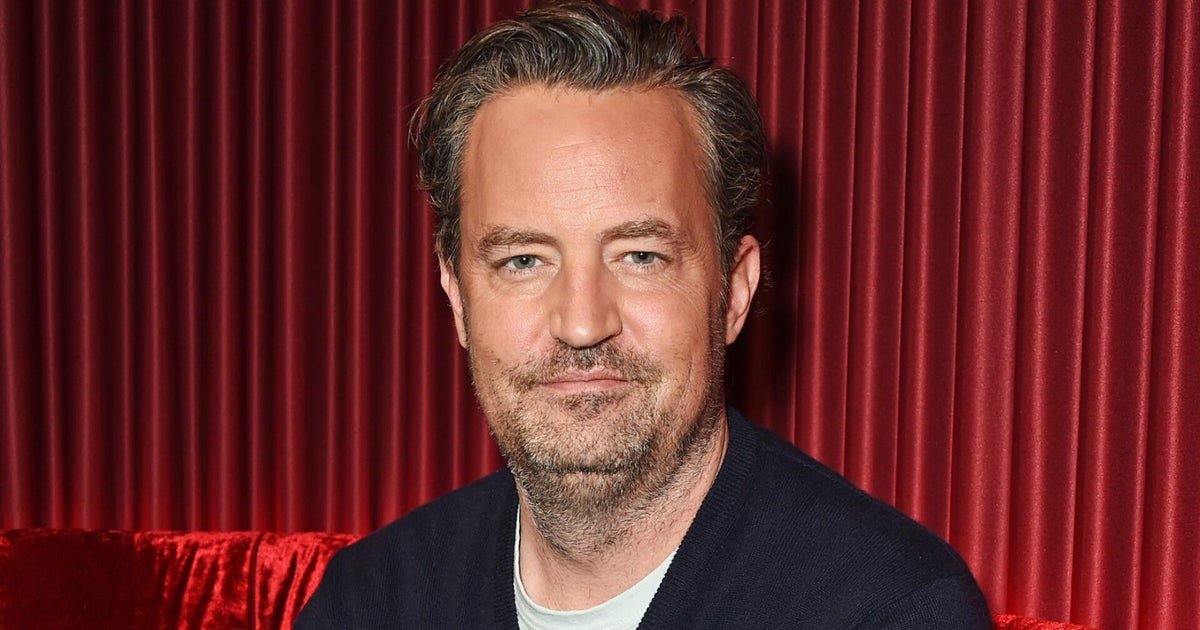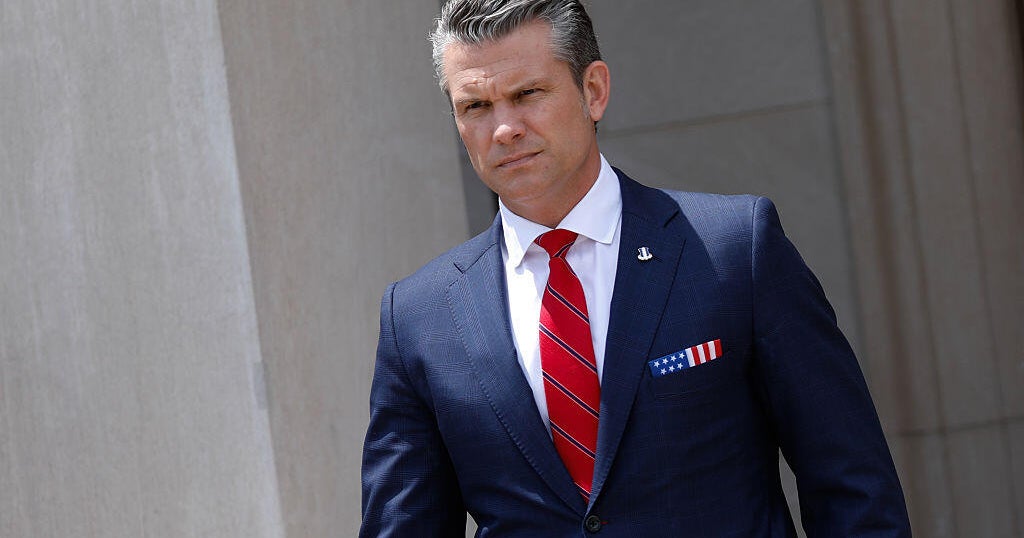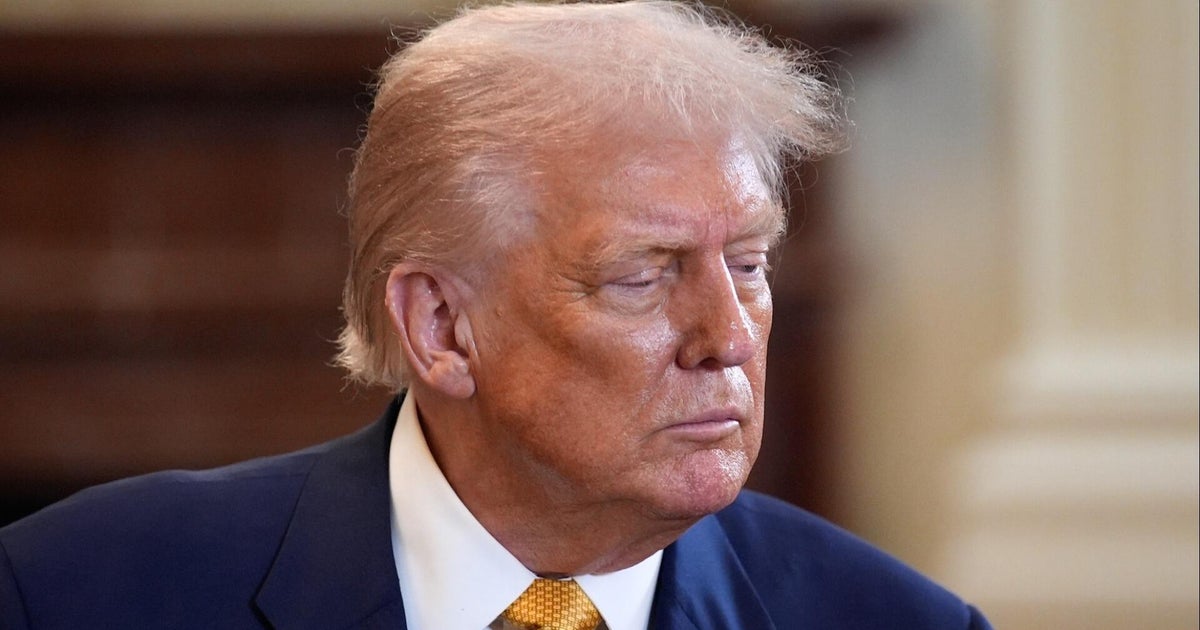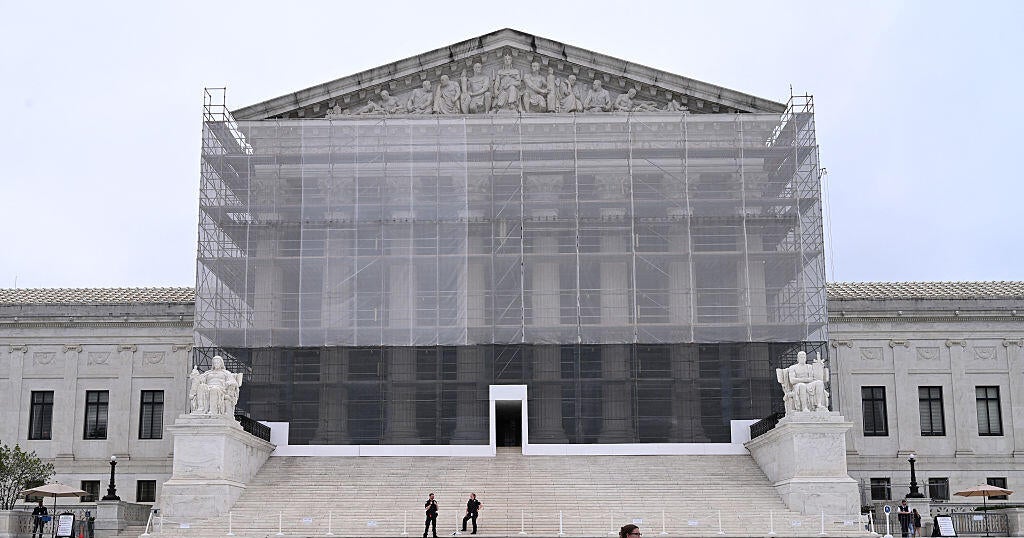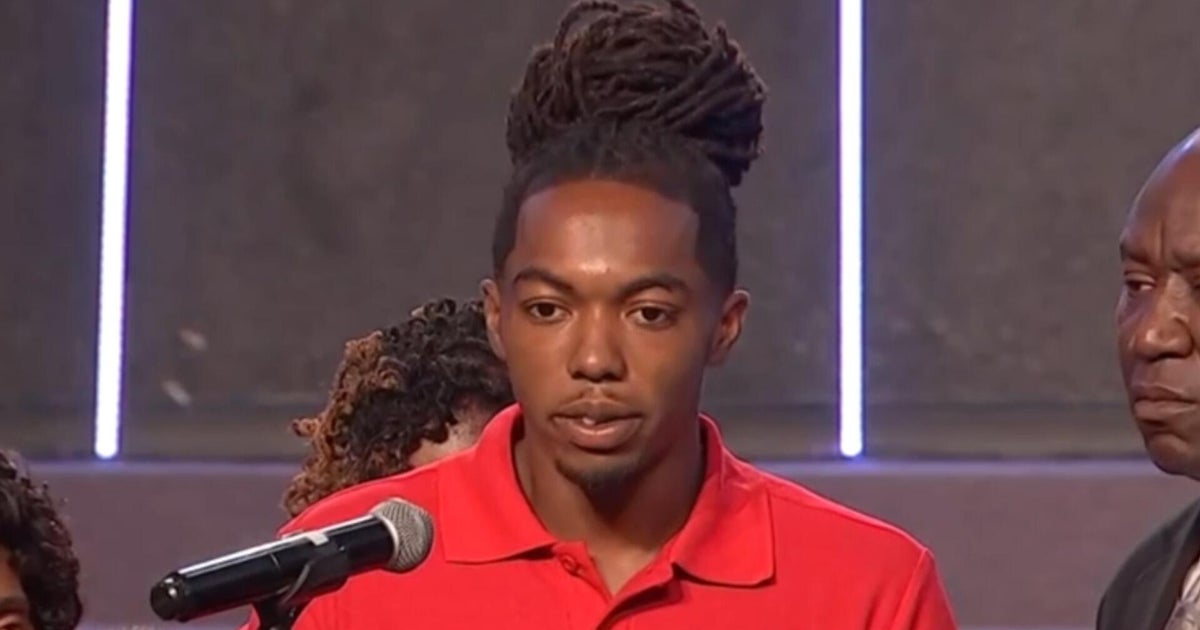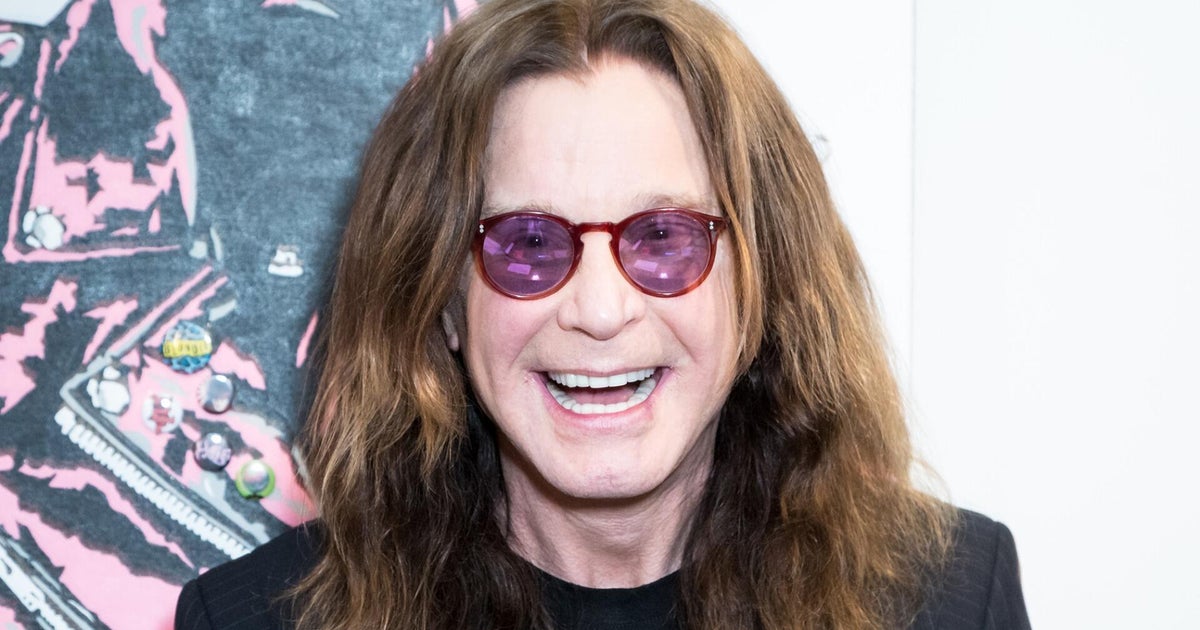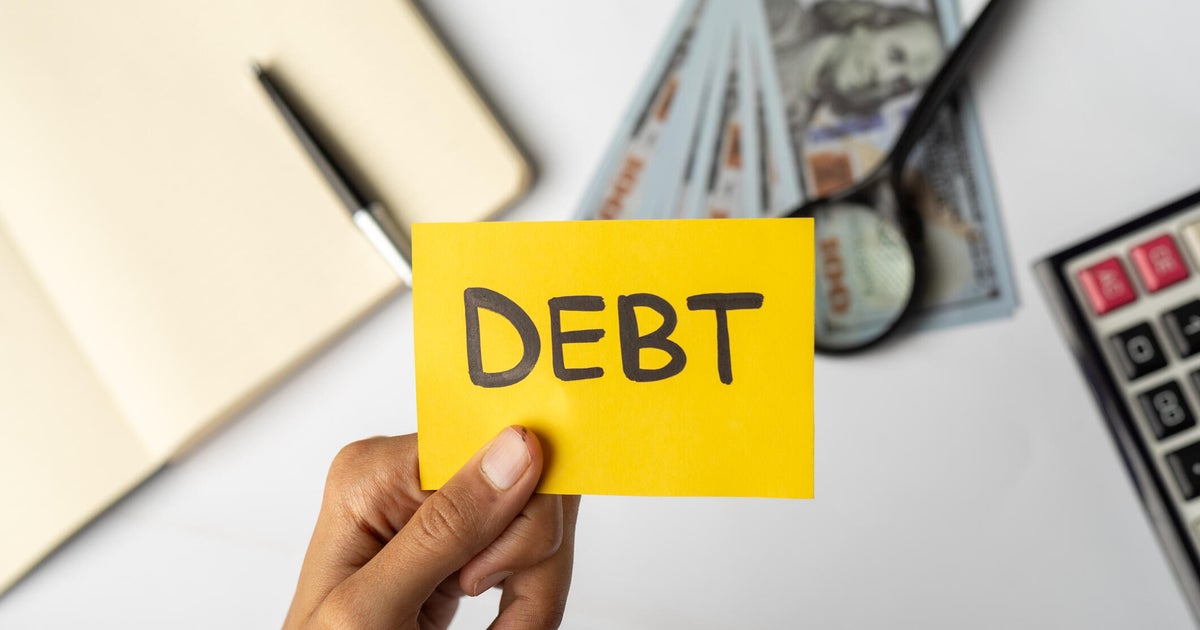I lived my dream on US talk shows – the axing of Colbert’s Late Show is about one thing
When I first got to Hollywood in 2011, I had a movie-like experience. I was picked up from the airport by my friend in a red ’70s convertible and driven straight to a stand-up comedy night where I performed a set that landed me a job writing for The Tonight Show with Jay Leno. Having just come from the Melbourne open-mic comedy scene, it seemed surreal that I could all of a sudden land a job on the longest-running late-night talk show in the history of television. If I had stayed in Australia, the best I could hope for would be a gig on brekkie radio – no offence to Kyle and Jackie O.
Such is the allure of showbiz in the US. You can turn up and become a star, or you can be caught cheating on your wife at a Coldplay concert. Anything can happen.

Donald Trump appears on The Late Show with Stephen Colbert during his 2015 presidential campaign.Credit: CBS via Getty Images
But over 15 years of working in American television, I’ve discovered how those showbiz dreams are underpinned by an old boys’ club – men (mostly) in suits who all went to the same college, competing for status and bonuses big enough to buy yachts. These business execs aren’t patrons of the arts. They’re not champions of political causes. They’re businesspeople who could just as well be in construction or tech or, if they’re really daring, health insurance.
This underbelly has now come to the surface with Stephen Colbert’s announcement that The Late Show has been cancelled by CBS. The decision came days after Colbert criticised the network for settling a $US16 million lawsuit with President Donald Trump, calling it a “big fat bribe”. It’s speculated that such dissent from Colbert had to be stifled by CBS, to help them secure federal approval of their planned $US8 billion merger with Skydance Media. The network denies this, stating the cancellation of The Late Show was “purely a financial decision against a challenging backdrop in late night” – an explanation that would be far more plausible if Colbert wasn’t winning the ratings in his time slot and hosting the only late-night talk show in recent years to grow viewers.
For the writers, the performers and the audiences of late night, these shows are a sacred emblem of the first amendment. This is where Johnny Carson cracked wise about Nixon during the Watergate scandal; where Leno ripped into Bill Clinton for his affair; where David Letterman had a regular segment mocking George W. Bush for being downright dumb. All of these presidents copped it on the chin because any indication they wanted the mockery stifled would be an affront to the Constitution.
That doesn’t seem to be the case with the current administration, which has a glass jaw when it comes to criticism. Colbert himself put it best: “Donald Trump has the thinnest skin in politics. If you just whisper ‘Obama’ near him, he bruises like a peach in a wind tunnel.”
Loading
I can only speculate with the rest of the internet about why this cancellation of a popular, prominent Trump critic happened at this time. But I do have experience rubbing shoulders with the decision-makers at these networks. I’ve sat in the guest lounge at The Tonight Show (where I would pray my jokes would get big laughs) while network execs stood around talking about golf instead of even watching the show they commissioned. They always seemed to be in their own world, competing over their hobbies, their private jets, their business deals, or the calibre of celebrities they secured for projects. Unlike the writers of these shows, they never spoke about politics. They didn’t seem to care if jokes were left- or right-leaning. They just wanted good ratings to further their own careers.
The executives of these “progressive” shows are not the people you want standing up for core freedoms. I once worked on a TV pilot for a “progressive” cable network about sticking up for the working class and other values, at a production house that decided the project would be non-union. Halfway through production, the producer told me they had run out of money and that they’d appreciate it if I would be a “team player” and work without pay for another two weeks. With the prospect of future employment dangled in front of me, and the lack of self-confidence that every twenty-something in showbiz has, I agreed. Cut to the wrap party, and I overheard the same producer bragging to the network that the pilot had “come in under budget”. The show we made was about standing up to corporate greed, but it’s fair to say the suits behind the project were primarily interested in cashing in on the demographic of left-leaning viewers.
Loading
If the US government can pressure networks into quelling their detractors – even the ones who simply make silly quips – then the America we once knew is gone. Trump couldn’t resist posting his delight at Stephen Colbert’s cancellation and indicated he’d love to see ABC late-night host Jimmy Kimmel go next. He’s not even hiding the smoking gun. The White House doesn’t need to send a discreet email to the head of the networks asking them to be nice. They’re doing it openly, which is the most worrying part of all.
And although I had trepidation about writing this article at all – given that I still work in the US TV industry – I’m hoping the next administration returns to the good old days when the media didn’t have to consider the commander in chief’s feelings.
Simon Taylor is a Melbourne-based comedian.
The Opinion newsletter is a weekly wrap of views that will challenge, champion and inform your own. Sign up here.
Most Viewed in Culture
Loading

